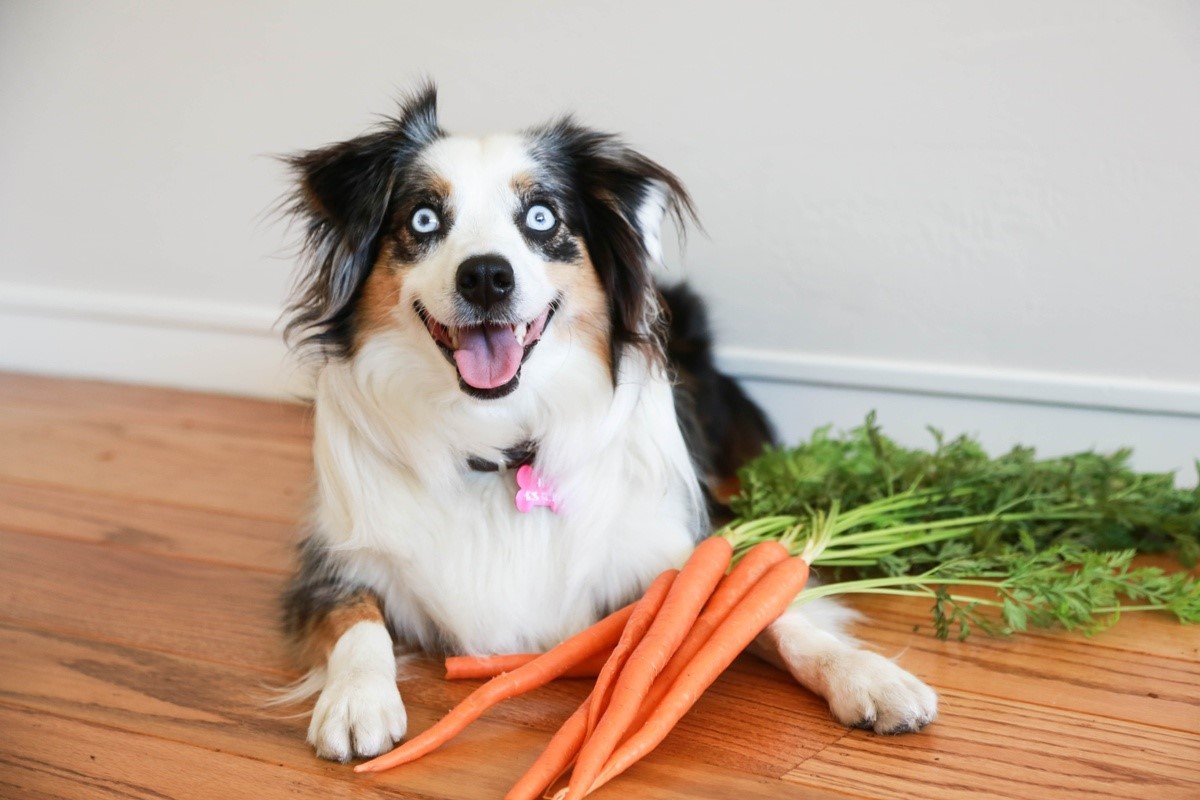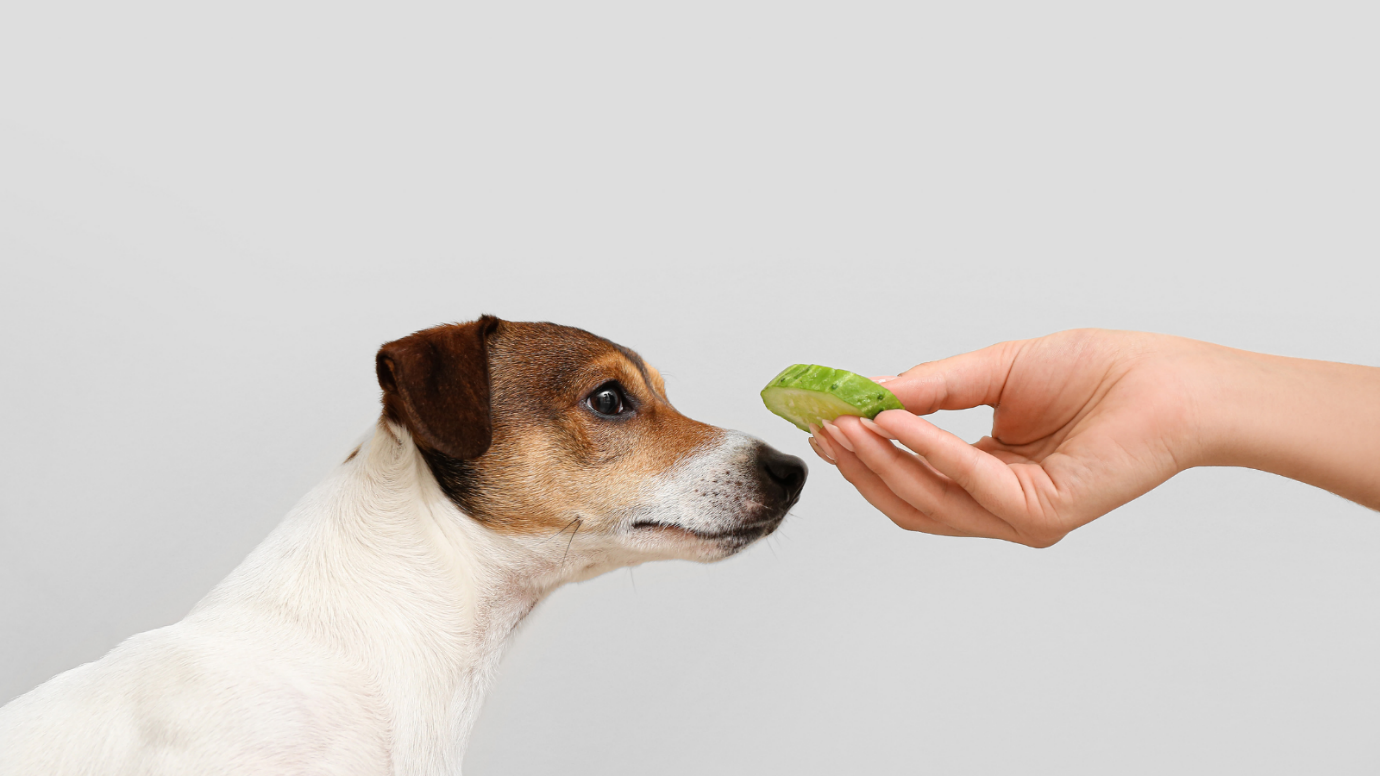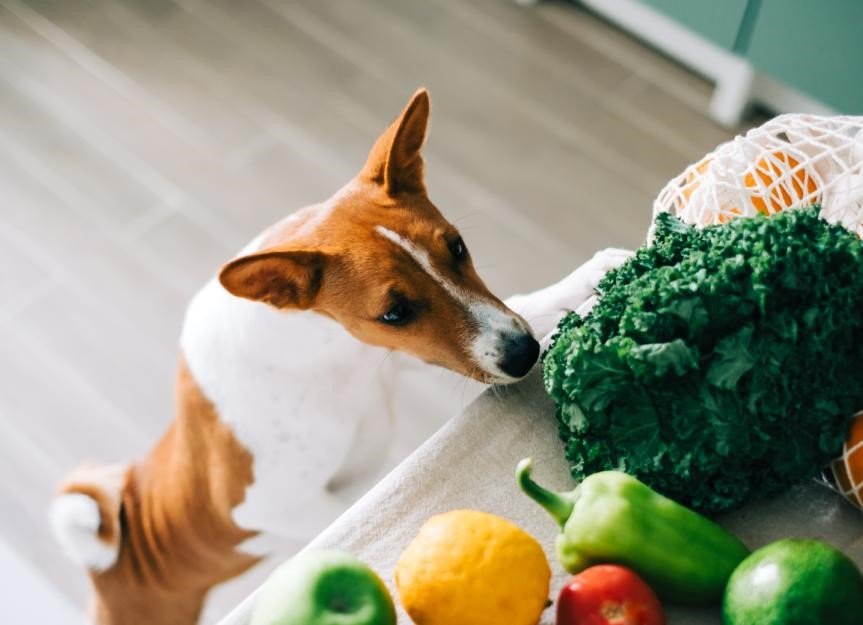List of Vegetables Safe for Consumption by Dogs
Dogs are beloved members of many families, and as pet owners, we want to ensure they receive proper nutrition. While commercial dog food provides essential nutrients, many pet parents wonder about supplementing their furry friend's diet with vegetables. This comprehensive guide will explore a variety of vegetables that are safe and beneficial for dogs, as well as provide tips on how to incorporate them into your canine companion's diet.
Benefits of Vegetables for Dogs
Before diving into the list of safe vegetables, it's important to understand why incorporating vegetables into your dog's diet can be beneficial:
Nutrient-rich: Vegetables are packed with vitamins, minerals, and antioxidants that support overall health.
Low in calories: Many vegetables are low in calories, making them excellent for weight management.
Fiber source: The fiber in vegetables aids digestion and promotes gut health.
Hydration: Some vegetables have high water content, helping to keep your dog hydrated.
Mental stimulation: Offering a variety of vegetables can provide mental stimulation and enrichment for your dog.
Safe Vegetables for Dogs
1. Carrots

Carrots are a crunchy, low-calorie snack that many dogs enjoy. They are rich in beta-carotene, which converts to vitamin A in the body, supporting eye health and immune function. Carrots can be served raw or cooked, and their texture can help clean your dog's teeth.
2. Green Beans
Green beans are a nutritious, low-calorie vegetable that is safe for dogs. They are an excellent source of vitamins C and K, as well as manganese and fiber. Green beans can be served raw, steamed, or frozen as a crunchy treat.
3. Pumpkin
Pumpkin is a superfood for dogs, rich in fiber and nutrients. It is particularly beneficial for digestive health and can help with both diarrhea and constipation. Use plain, canned pumpkin (not pumpkin pie filling) or cook and puree fresh pumpkin.
4. Sweet Potatoes
Sweet potatoes are a nutritious, fiber-rich vegetable that dogs often enjoy. They are packed with vitamins A, B6, and C, as well as minerals like potassium and manganese. Always cook sweet potatoes before feeding them to your dog, as raw sweet potatoes can be difficult to digest.
5. Cucumber

Cucumbers are a refreshing, low-calorie snack that is safe for dogs. They are high in water content, making them an excellent choice for hydration, especially on hot days. Remove the seeds and cut them into bite-sized pieces before serving.
6. Broccoli
Broccoli is a nutrient-dense vegetable that can be a healthy addition to your dog's diet when given in moderation. It is rich in fiber, vitamin C, and minerals. Serve broccoli steamed or raw, but always in small quantities to prevent digestive upset.
7. Spinach
Spinach is a leafy green vegetable that is packed with nutrients beneficial for dogs. It is rich in iron, vitamins A, B, C, and K, and contains antioxidants. However, serve spinach in moderation, as it contains oxalic acid, which can interfere with calcium absorption if given in large amounts.
8. Brussels Sprouts
Brussels sprouts are a nutritious vegetable that can be safely fed to dogs in moderation. They're high in fiber and vitamins K and C. However, they may cause gas, so introduce them slowly and in small amounts.
9. Celery
Celery is a crunchy, low-calorie vegetable that is safe for dogs. It is a good source of vitamins A, C, and K, as well as folate and potassium. Celery can also help freshen your dog's breath and provide a satisfying crunch.
10. Zucchini
Zucchini is a versatile vegetable that is safe and nutritious for dogs. It is low in calories and high in fiber, vitamins, and minerals. Zucchini can be served raw, steamed, or baked as a healthy treat.
How to Introduce Vegetables to Your Dog's Diet?

When introducing new vegetables to your dog's diet, follow these guidelines:
- Start slowly: Introduce one vegetable at a time in small amounts.
- Monitor for reactions: Watch for any signs of digestive upset or allergic reactions.
- Prepare properly: Wash vegetables thoroughly and remove any seeds or stems.
- Cut into appropriate sizes: Chop vegetables into small, manageable pieces to prevent choking.
- Cook when necessary: Some vegetables are easier to digest when cooked.
- Avoid seasonings: Serve vegetables plain without added salt, spices, or oils.
Vegetables to Avoid
While many vegetables are safe for dogs, some can be harmful. Avoid feeding your dog:
- Onions and garlic
- Mushrooms
- Avocado
- Rhubarb
- Tomato plants (ripe tomatoes are generally safe in moderation)
5 Creative Ways to Serve Vegetables to Dogs
To make vegetables more appealing to your furry friend, try these serving suggestions:
-
Mix with regular food: Incorporate small amounts of chopped vegetables into your dog's regular meals.
-
Use as training treats: Cut vegetables into small pieces for use as low-calorie training rewards.
-
Freeze for a cool treat: Freeze vegetable purees or chunks for a refreshing snack on hot days.
-
Stuff in toys: Use vegetable purees to fill puzzle toys for mental stimulation.
-
Create veggie "chips": Dehydrate thin slices of vegetables for a crunchy treat.
FAQs
Q: How much vegetables should I feed my dog?
A: Vegetables should make up no more than 10% of your dog's daily caloric intake. Always consult with your veterinarian for specific recommendations based on your dog's size, age, and health status.
Q: Can puppies eat vegetables?
A: Yes, puppies can eat vegetables, but it's essential to introduce them slowly and in small amounts. Always consult with your veterinarian before making significant changes to a puppy's diet.
Q: Are organic vegetables better for dogs?
A: Organic vegetables may have fewer pesticide residues, but both organic and conventionally grown vegetables can be safe and nutritious for dogs when properly washed and prepared.
Q: Can vegetables replace commercial dog food?
A: No, vegetables alone cannot provide all the nutrients dogs need. They should be used as a supplement to a balanced, commercial dog food diet unless otherwise recommended by a veterinarian.
Q: How can I tell if my dog is allergic to a vegetable?
A: Signs of food allergies in dogs may include itching, digestive upset, or changes in behavior. If you suspect an allergy, discontinue the vegetable and consult your veterinarian.
Conclusion
Incorporating safe vegetables into your dog's diet can provide numerous health benefits and add variety to their meals. Remember to introduce new vegetables gradually, prepare them properly, and always monitor your dog for any adverse reactions. While vegetables can be a nutritious addition to your dog's diet, they should not replace a balanced, commercial dog food unless advised by a veterinarian.
By following the guidelines in this article and consulting with your vet, you can safely enhance your furry friend's nutrition with a colorful array of dog-friendly vegetables.
Relevant Articles-
How much water does a dog need to drink every day?
What fruits are safe for dogs to eat?







